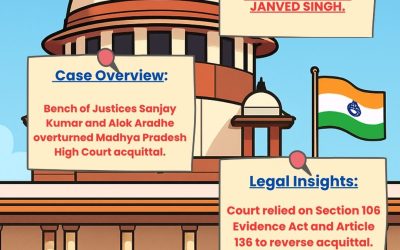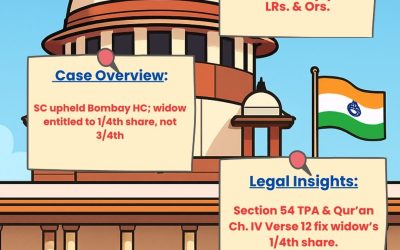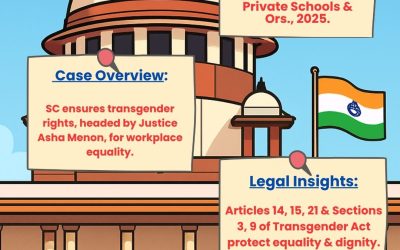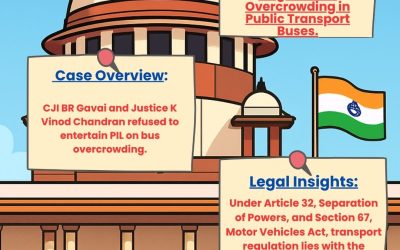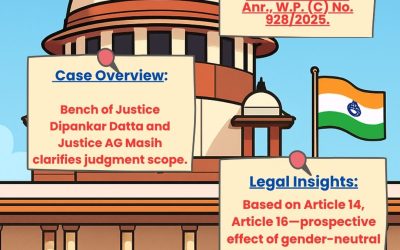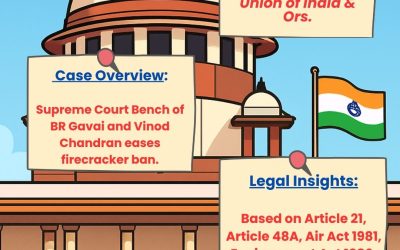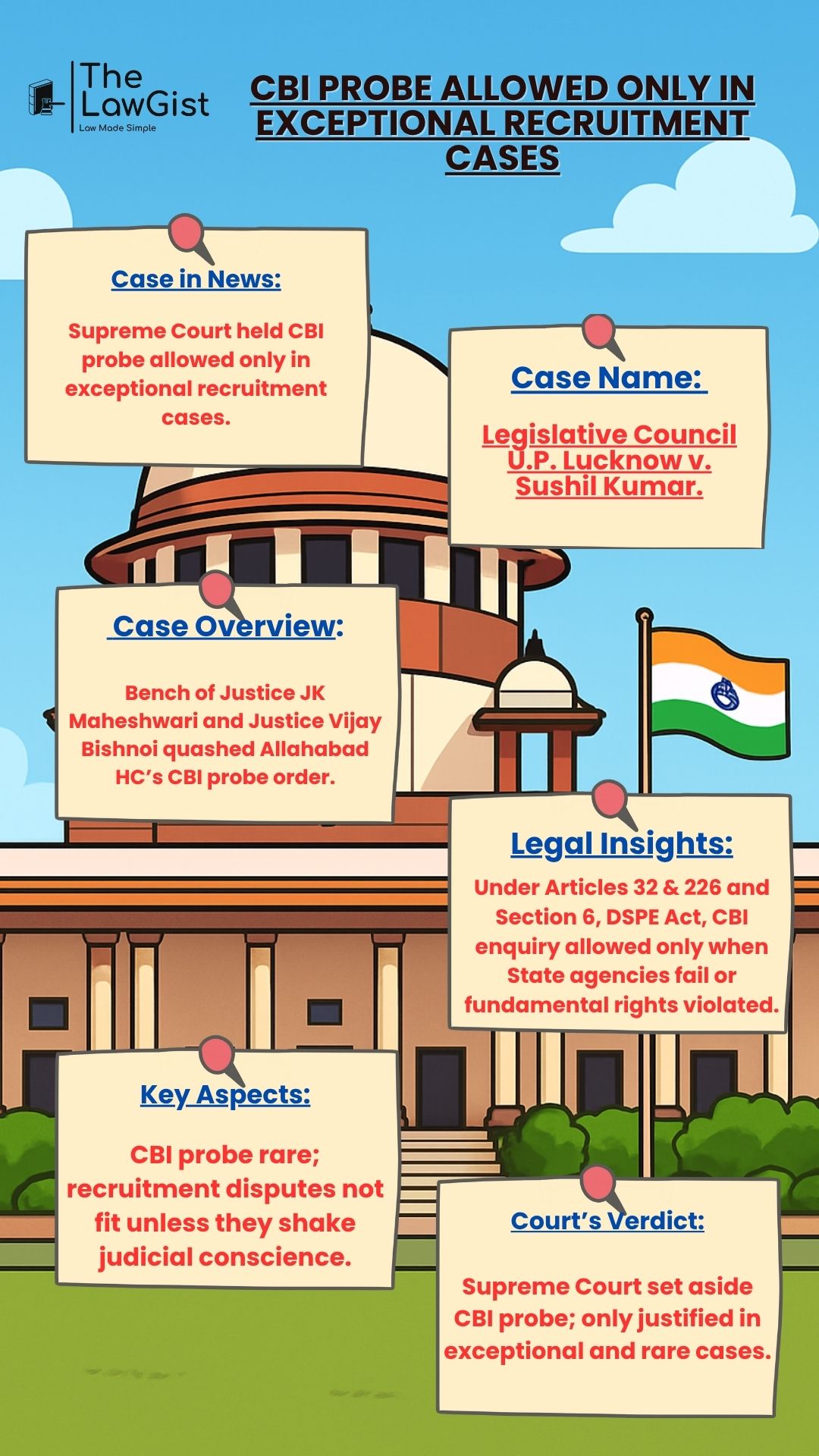
Supreme Court rules that CBI investigation in recruitment cases should be ordered only in rare and exceptional circumstances when State agencies fail or rights are compromised.
Case in NewsThe Supreme Court held that CBI probe allowed only in exceptional recruitment cases, setting aside the Allahabad High Court’s order directing a CBI enquiry into recruitment irregularities . |
Discover powerful Latin Maxims and simplify complex legal terms in seconds.
Case Overview
Case Name: Legislative Council U.P. Lucknow & Ors. vs. Sushil Kumar & Ors. (and connected matters)
The Supreme Court of India, comprising Justice JK Maheshwari and Justice Vijay Bishnoi, overturned the Allahabad High Court’s direction for a CBI enquiry into alleged irregularities in the recruitment for posts in the Uttar Pradesh Legislative Council and Assembly secretariats . The High Court had ordered a suo motu CBI preliminary enquiry while hearing petitions that challenged the fairness of the selection process . The Supreme Court, however clarified that directing a CBI probe should be an exception, not a norm .
Step into the world of justice with Courtroom Chronicles
Key Aspects
The Court elaborated that a CBI investigation should be ordered only when compelling circumstances exist . It highlighted that judicial restraint must be exercised in such directions particularly in service and recruitment matters, unless a grave miscarriage of justice or systemic failure is evident .
Facts and Issues:
- CBI enquiry is an extraordinary measure, to be invoked only in rare, exceptional situations .
- Recruitment disputes ordinarily do not merit such intervention unless they shake the Court’s conscience .
- Prima facie evidence of criminal misconduct must exist before transferring the probe to the CBI .
- Mere allegations or doubts about State police competence cannot justify such direction .
- The Court underscored that judicial power must not be used to substitute administrative or investigative functions .
Legal Insights
The Court examined the legal framework under which higher courts may direct a CBI enquiry :
- Article 32 and Article 226 of the Constitution of India empower the Supreme Court and High Courts respectively to order CBI investigations for enforcement of fundamental rights .
- The power must be used sparingly and cautiously ensuring that State police jurisdiction is respected .
- The decision reiterated principles from State of West Bengal v. Committee for Protection of Democratic Rights (2010) 3 SCC 571, which held that a CBI probe can be directed only when State agencies fail to ensure fair investigation .
- Section 6 of the Delhi Special Police Establishment Act, 1946 requires State consent for CBI investigations, unless ordered by a Constitutional Court .
Court’s Verdict
The Supreme Court of India allowed the Legislative Council’s appeal, setting aside the Allahabad High Court’s order for a CBI probe . The bench emphasized that CBI investigations must be ordered only in exceptional cases particularly where State machinery is compromised or fundamental rights are at stake . Routine recruitment disputes, the Court concluded, do not meet this threshold .
Source – Supreme Court of India
Read also – Constitution of India
The LawGist ensures exam success with quality notes—TPL, Current Affairs, Recent Judgments, and more. Backed by trusted resources and videos, The LawGist is every aspirant’s first choice. Discover more at thelawgist.org.


